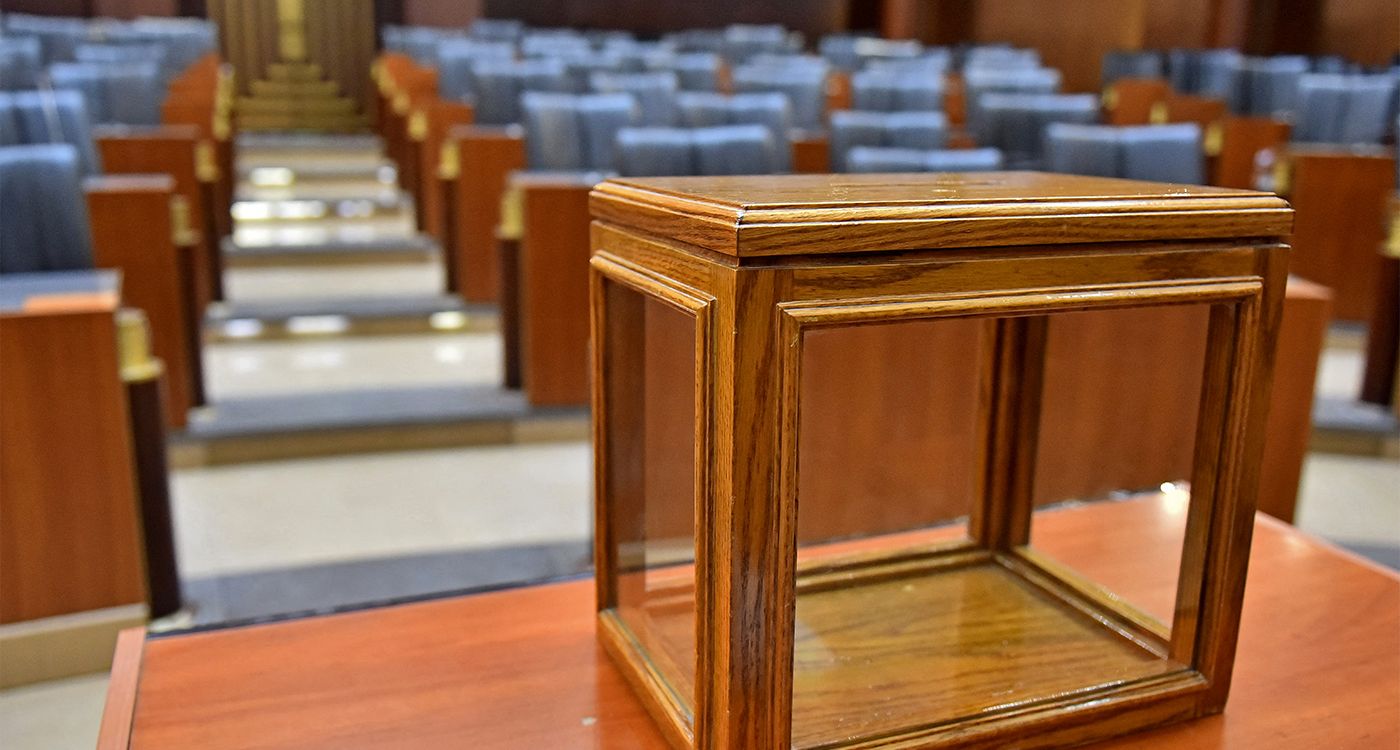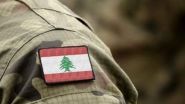
Hezbollah, Amal and the Free Patriotic Movement (FPM) are deeply concerned about the intensifying political pressure they face in the wake of Hezbollah’s significant losses in the war, the collapse of the Syrian regime and growing Arab and international calls for a presidential election. They vehemently oppose any candidate who rejects the power-sharing arrangements, especially those involving key government positions.
In this context, the US-Saudi alliance proposed Army Commander General Joseph Aoun for the presidency and is firmly backing his candidacy. They emphasize that he meets the criteria needed to rescue Lebanon and its people, including transparency, reform, anti-corruption measures, the implementation of international resolutions, particularly UN Resolution 1701. The proposal advocates for limiting arms to legitimate forces, strengthening relations with Arab nations and the international community, protecting global interests and avoiding internal power-sharing in government roles. They argue that this approach would unlock investment opportunities in Lebanon and foster economic growth and job creation.
Diplomats closely monitoring the movements of envoys ahead of the presidential session suggest that this approach is at odds with the interests of the remaining moumanaa bloc. Therefore, they are obstructing General Aoun’s election in hopes of pressuring him and imposing conditions that would derail the entire reform agenda of the new government. However, Aoun firmly rejects this and asserts that, just as he seeks nothing for himself, he will not bow to the demands of political factions that have destroyed Lebanon and undermined its state.
Faced with Aoun's intransigence, the moumanaa bloc sought alternative ways to ensure the continuation of the current governance model and maintain full control over the country. Their push for the election of a president loyal to this regime, with 65 votes, aims to perpetuate the status quo and further drain the country's remaining resources under the guise of reconstruction. This strategy also seeks to reinforce the “people, army and resistance” formula, in one way or another. However, such a scenario would inevitably leave Lebanon isolated from both the Arab world and the international community.
A number of envoys to Lebanon, including the Qatari envoy, have observed that the moumanaa bloc has no intention of making any drastic changes to the country’s governance and policies. Therefore, they have placed full responsibility on Parliament and hold its members accountable for the potential fallout, particularly the loss of Arab and international support, and the looming threat of war.




Comments